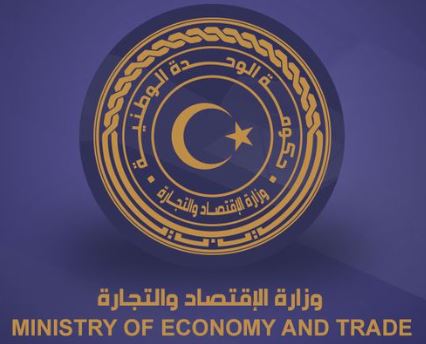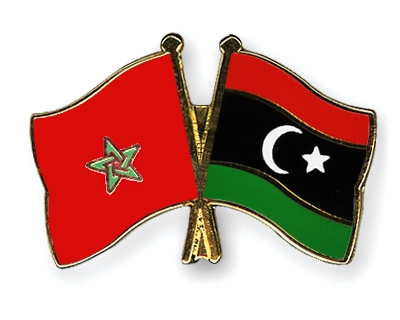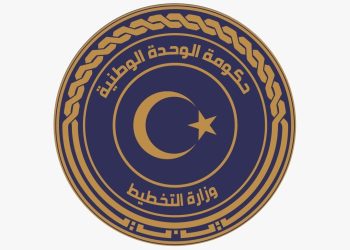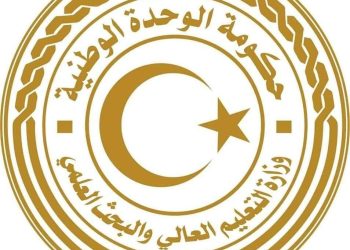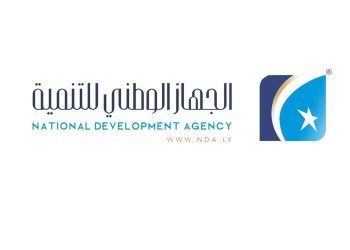In a busy Thursday last week, Libya’s Tripoli based Minister of Economy and Trade, Mohamed Al-Hwej, met at the Ministry’s Tripoli headquarters several business owners within the framework of following up on the private sector’s commercial and investment activity and preparing the Ministry’s vision for achieving economic diversification. He also held a separate meeting to discuss Artificial Intelligence (AI) and the knowledge economy.
The private sector business meeting included the General Manager of the Libyan Business Council (LBC), the General Manager of the Libyan Industrial Union (LIU) and relevant departments at the Ministry.
Problems and obstacles facing the private sector reviewed
At this meeting, the attendees reviewed the problems and obstacles facing business owners and manufacturers in various fields, in addition to the difficulties facing the investment sector in the fields of agriculture, marine resources, import and export operations, and ways to address them. The meeting also presented the procedures and measures approved by the Ministry of Economy and Trade regarding regulating commercial activities and registering and protecting trademarks.
Establishing an investment holding company
The meeting also witnessed the presentation of a project to establish an investment holding company with the participation of business owners, which will implement projects in the agricultural and industrial sectors and contribute to the development and diversification of the national economy under the supervision of the Ministry of Economy and Trade.
Importance of activating stock market and banking and non-banking financing tools
The Minister stressed the importance of activating the stock market and banking and non-banking financing tools to encourage the investment sector, indicating that the Ministry will take a number of measures to support and enhance the role of the private sector in stimulating the trade and investment movement in various fields in coordination with the relevant authorities. He also stressed business owners and manufacturing companies need to register the trademarks of their products with the Ministry of Economy and Trade.
AI and knowledge economy
On the same day, the Minister of Economy and Trade held a separate meeting at the Ministry’s Tripoli headquarters with the Chairman and members of the Knowledge Economy and Artificial Intelligence Committee and several other relevant parties.
The meeting was to follow up on the executive plan for the project to employ artificial intelligence mechanisms and the knowledge economy in the national economy.
Identifying obstacles, measuring readiness
The attendees followed a visual presentation about the committee’s activity and the executive action plan, which is based on identifying the obstacles and requirements for the transition towards a knowledge-based economy and measuring the readiness of the Ministry of Economy and Trade to adopt the artificial intelligence project, as well as the mechanisms for developing a digital transformation strategy and enabling the ministry to use technologies in economic fields.
Develop human resources and training
The Minister stressed that the requirements for the transformation towards a knowledge economy are based on developing human resources and giving the opportunity to those with pioneering ideas to use and employ modern technology within government and private institutions, in addition to developing educational programmes and curricula to obtain outputs capable of implementing the transformation plan for the knowledge economy.
Prepare draft regulation for AI
He also directed the formation of a team of the concerned departments and offices at the Ministry to communicate with the committee and prepare a draft regulation for organizing and using artificial intelligence tools in the Ministry and its affiliated agencies.
